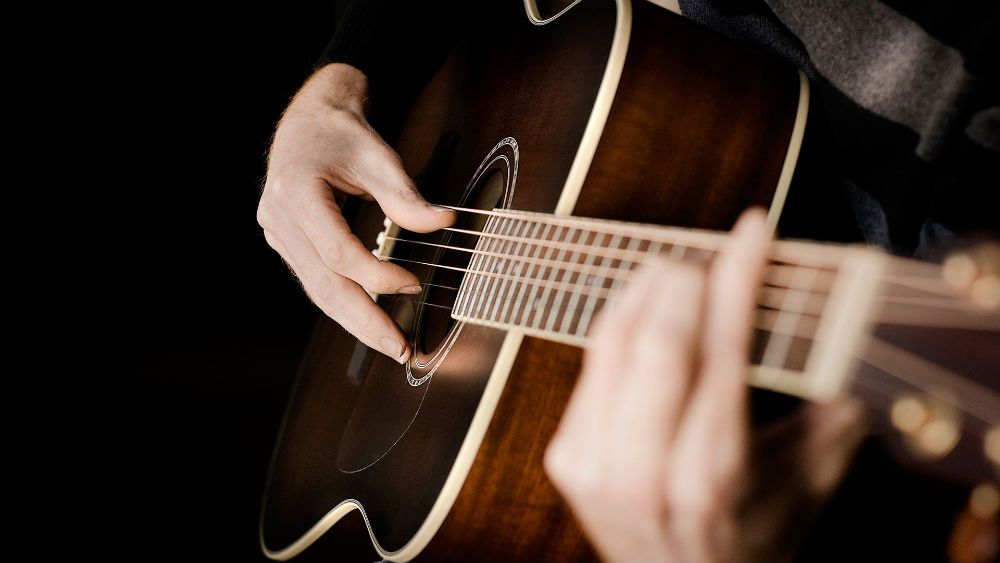As a guitarist, I have a panic attack anytime I think about the future of guitar music (meaning music relying heavily on guitars as the main source of melodies and leads when it comes to instrumentals). I’ve been loving guitars my whole life and I couldn’t think about a world where guitar music will be a thing of the past, just like the tune a caveman could have played with a bone flute, but nobody will ever hear.
A part of me wants to hang on to the tubes, wood, electricity, and wire forever. That part of me wants to believe that the world will sober up from this plastic pop phase…we recovered from the 80s after all!
On the other hand, I am no luddite. I know that eventually, guitar music will lose the high ground. In fact, it already did. A guitar in a top 40 hit these days is more like a stage prop, or at best some novelty item to add some flavour to the layers of synth. This article is not a rant against computer music or modern pop, it is just an observation of reality. To understand why guitar music has lost its grip on the mainstream, there are a few things to understand:
The music business is changing rapidly.
And that’s because the very nature of the product being sold is changing fast. Now, music is one of the “fastest” products around. When it comes to music, we are all OCD, jumping as quickly as possible from a song to another without even managing to get through half of a tune!
As listeners, We want it all, we want it fast and we want it now.
Major labels, artists and producers understand this very well, so they turn to a tool that will allow them to keep the pace; the computer. Making a record completely “In the box” (mixed and produced entirely on a computer) used to be very controversial, but now it is quite a standard practice for several reasons. The entire process is faster: an experienced producer can arrange a hit and create the main “skeleton” of a song in no time; even getting a good sound is a quicker process.
Why would I bother set up a guitar, make sure it feels and works great, set up an amp, make sure it feels and work great, set up wires, microphones, preamps, effects or what not; when I could simply open a synth plug in and have a good sound without all the stress. Repeatability is also a factor: I can simply dial in EQ, compression and any other digital plug-in effects knowing exactly what to expect and even using my favorite presets in no time.
If you complain about the good old days, let me tell you: Mainstream music has always been about “milking the cow”, and producing music as quickly as possible to ride the latest trends. Even holy God-like artists such as The Beatles did not start any differently: they were initially cashing in on the popularity of American blues and rock and roll in the United Kingdom, covering many songs or performing originals with very similar vibes to what was on the radio overseas.
The disappearing of guitar music from the mainstream, in my opinion, is not really related to a change in people’s taste, but it is simply a way for a label to release music more efficiently. It’s like a big supermarket. You think you have a choice with all those flashy labels and packaging, but the companies are making the choice for you, you can just buy whatever there is to buy. Having said that, let’s answer the first question:
Guitar music will not become obsolete.
Did Mozart become obsolete? Did opera become obsolete? No, even though they moved into their specific niches. This is definitely what I think is happening to guitar music, and it is great for me! When a music genre is a bit off the pressure of main market demands, it also means that the main consumers and aficionados will actually care a bit more about the music than the casual listener who sings along to radio anthems. On the other hand, It’s hard to meet someone who likes a “niche” genre such as punk, jazz, blues or classical and discover that music is not a huge part of his / her life.
These are generally smaller markets, but hopefully sustainable enough for artists to create music the way they want and for people to enjoy them without the constant push of the major music business dynamics.


The enchanting SOUND of the classical guitar can never be reproduced by electronics!